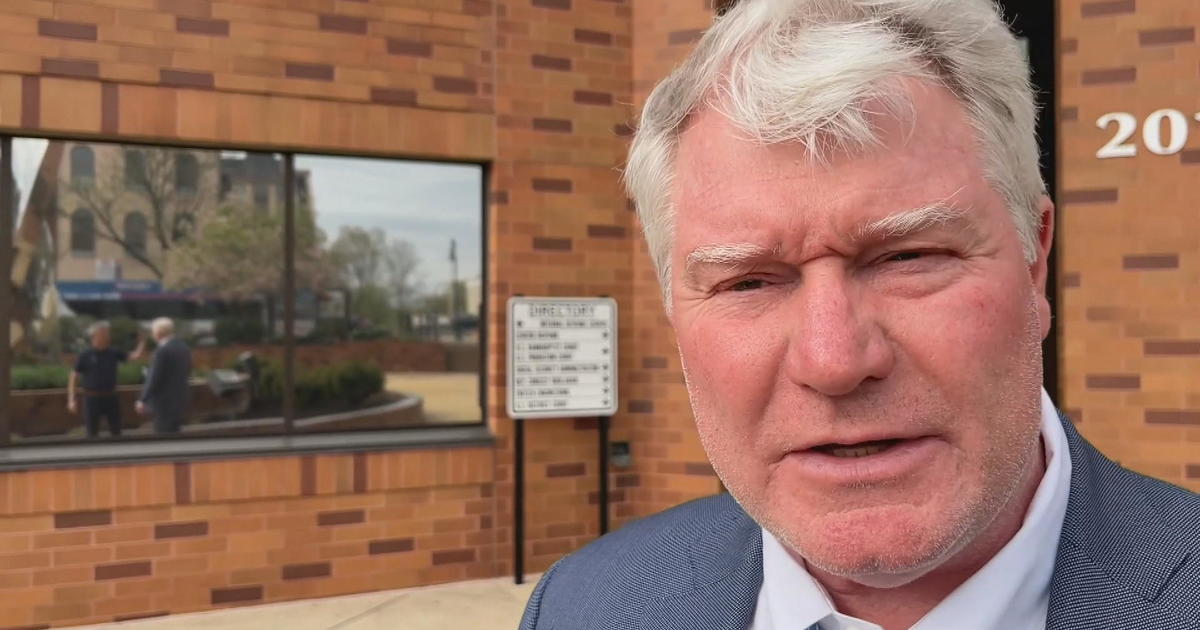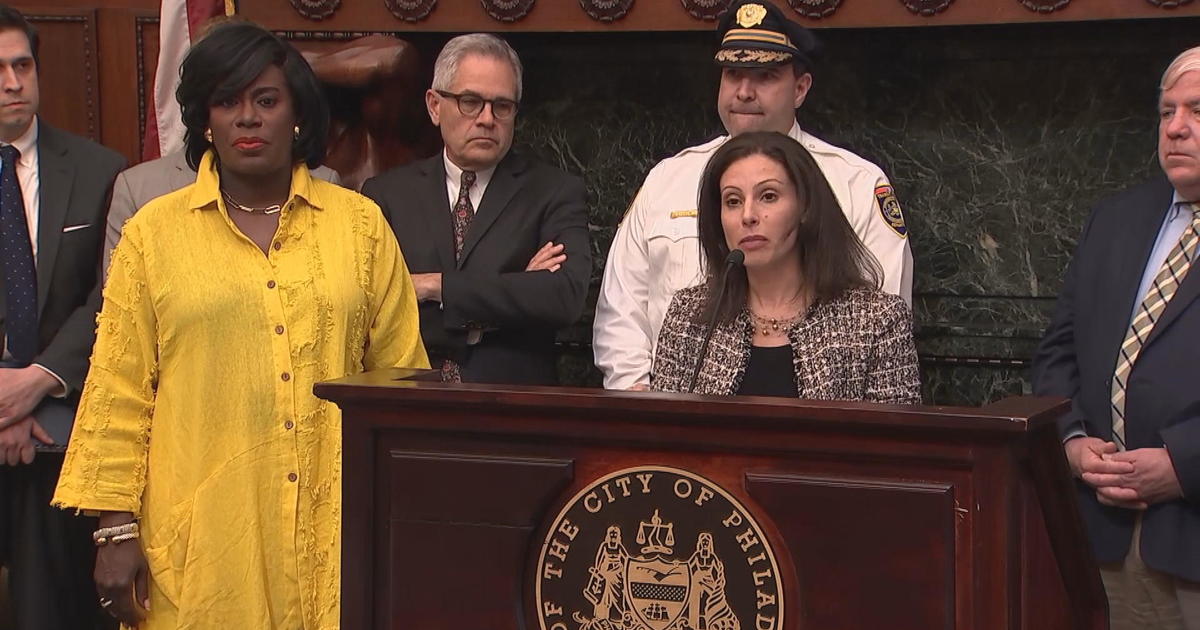Escheat Explained
By Amy E. Feldman
PHILADELPHIA (CBS) – As they say in the law, escheat happens.
A former employee of Intel, who had millions of dollars' worth of Intel stock, did what many financial advisors tell you. He ignored the ups and downs of the market, and didn't touch the stock for years until he was ready to retire. That's when, according to Bankrate.com, he found that the department that kept track of his stock had reported it as unclaimed property, and as a result it was transferred to the state, which sold it.
The process is called, ironically, just what you'd say when you found your property got transferred. Escheat. The idea of the laws, which exist in 29 states plus DC, is that it is safer for heirs if abandoned property is held by the state so banks, stocks, life insurance policies, un-cashed paychecks, must be turned over to the state if they go for 3-10 years without being claimed. And while there's no time limit on claiming them, the funds are used without interest by the state, and if they're in the form of stock, can be sold. So it's in your best interest to do the boring but important stuff. Open notices from your bank. Consolidate your accounts, track down CDs and check on them so you can prevent escheat from happening.



